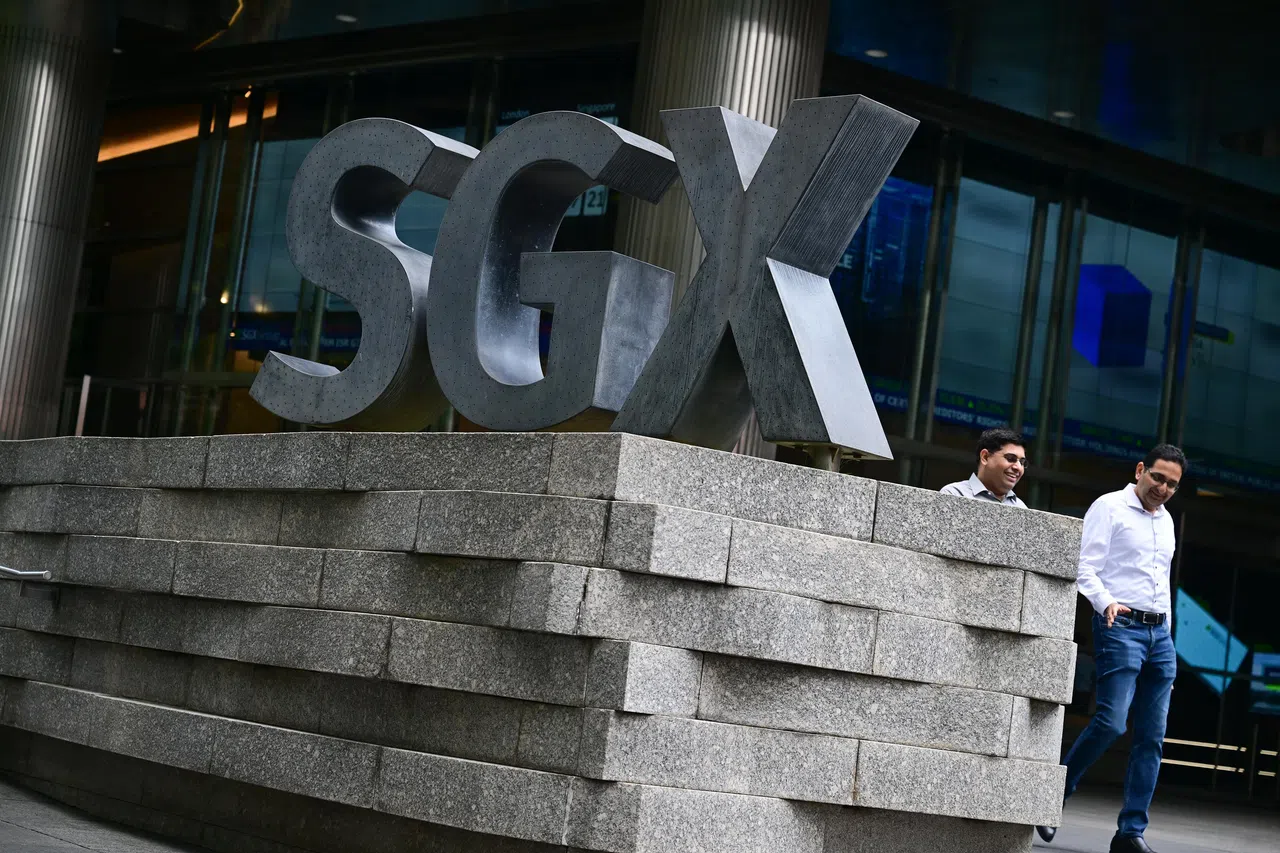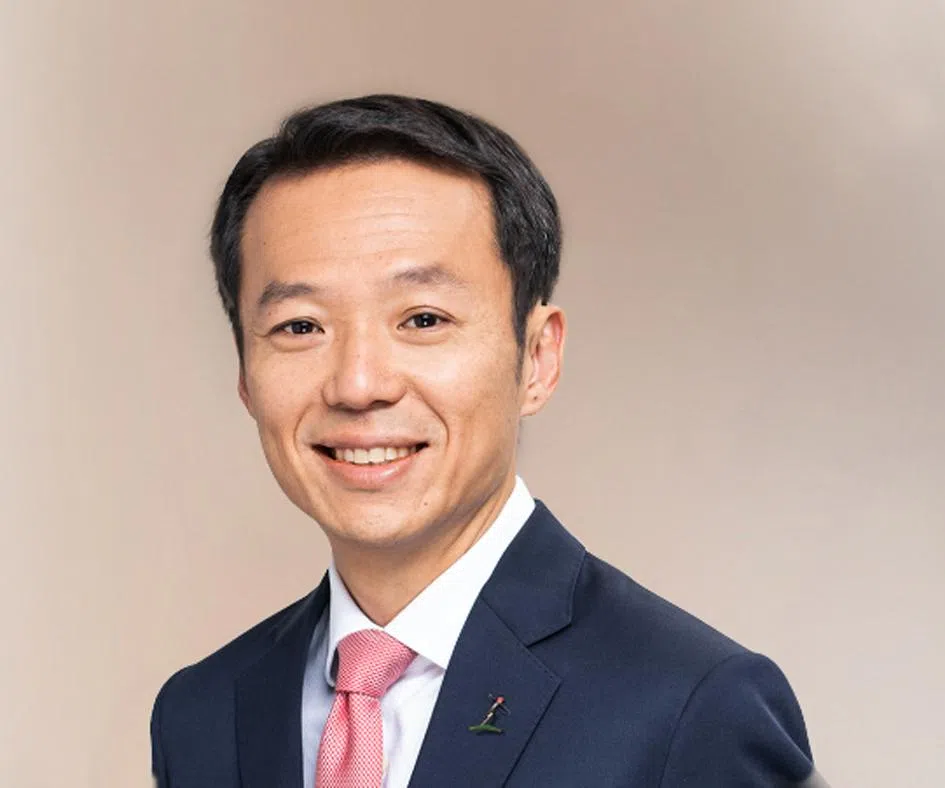The Monetary Authority of Singapore’s (MAS) equities market review group is studying how to make optimum use of seed capital to attract more commercial capital.
This will ensure that government developmental capital is deployed in a fiscally prudent manner, Minister for Trade and Industry Gan Kim Yong said.
He was speaking at the Singapore Exchange (SGX) Group’s 25th anniversary ceremony on Thursday (Jan 2), which coincided with its first trading day of the year.
“While there have been suggestions to channel sovereign monies into our equities market, it is not practical to rely on sovereign monies alone to sustain these funds and to support the equity market,” he added.
Gan, who is also deputy prime minister, instead called for the crowding in commercial capital on a sustained basis – such as institutional wealth, individual investors and family offices – as a key measure to stimulate market interest and maintain trading liquidity.
He also highlighted the importance of broadening liquidity, particularly for smaller counters with market caps between S$500 million and S$3 billion.
BT in your inbox
Start and end each day with the latest news stories and analyses delivered straight to your inbox.
These suggestions come as the review group examines a combination of demand-side, supply-side and ecosystem-level measures as part of its comprehensive review.
“Such a holistic approach will be critical to ensuring that we can put our equities market on a stronger footing for the years ahead,” said Gan, adding that the review group is consulting widely and will share further updates in due course.
The group was set up last August to recommend measures to aid in the development of equities in Singapore. It is chaired by Second Minister for Finance and MAS board member Chee Hong Tat, and includes private-sector stakeholders and public-sector representatives.
Gan described the local equities market’s performance in 2024 as a “mixed picture”. While the Straits Times Index achieved its best annual performance since 2017, the market struggled with a lack of new listings, driven by global economic uncertainties, high interest rates, and increasing competition from regional exchanges and alternative fundraising methods.
“Collective commitment to change”
SGX chairman Koh Boon Hwee, speaking at the ceremony, stressed that addressing a range of structural and policy issues requires cooperation among SGX, policymakers, regulators and all stakeholders in the ecosystem.
“Whether it is reforming policies to attract liquidity, or a paradigm shift in how we approach regulation, it will take courage, a willingness to take risks and a collective commitment to change,” he added, explaining that “bold and decisive” actions by policymakers and key participants in the ecosystem are essential.
Meanwhile, Gan shared that the review group is working to position Singapore’s equities market as an attractive listing venue for high-quality mid-cap growth companies that are typically overlooked by larger exchanges in the US, China and Japan.
“By being clear with the profile of companies we want to attract, we can better design our incentives for these companies to consider Singapore as a listing venue, as well as for fund managers to launch products that invest in the local equities market,” he said.
Gan also called for a review of the regulatory framework to ensure that it does not create “unnecessary friction”, but instead empowers good companies to list and allows consumers to make informed investment decisions.
He pointed to feedback that the current regulatory regime can be restrictive for issuers and overly protective of investors, with some commenting on losses suffered by investors in past market misconduct episodes.







